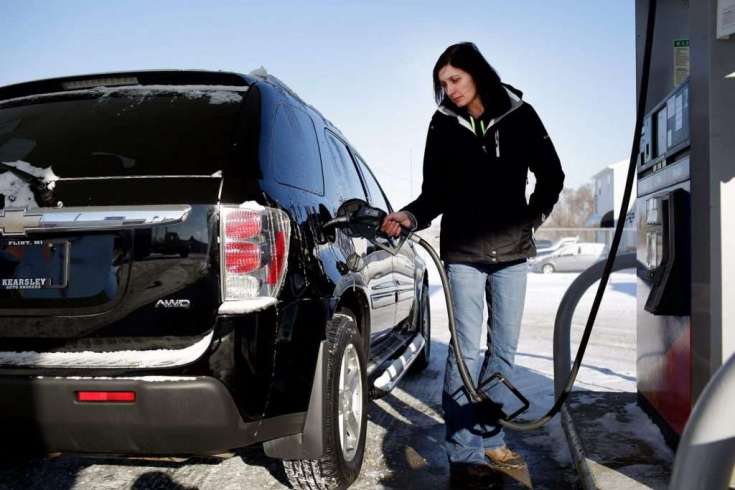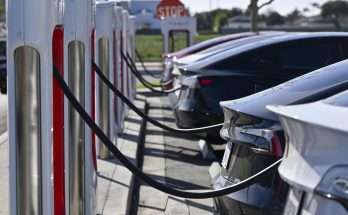
The word “premium” suggests high quality, the best of the best. But what is commonly called “premium gasoline” is a waste of money for countless drivers.
Thanks in part to the coronavirus, gas prices have been relatively low compared with the soaring ones seen roughly a decade ago.
At the same time, U.S. drivers are paying more for premium gasoline, relative to the regular stuff, than they have in the past.
“It used to be 15 cents in some areas of California more for premium than regular,” said Patrick DeHaan, head of petroleum analysis at Gas Buddy, a company that tracks pump prices around the country. “It’s gone up now, [in] some cases 20 to 30 cents.”
What DeHaan calls the “grade gap” between premium and regular has widened in the last decade and now averages 50 cents to 60 cents per gallon in many parts of the country.
Data from the American Automobile Association found that Americans are wasting $2 billion a year buying premium gasoline they don’t need. That’s because they don’t know what kind of fuel their car is meant to take or because they think they will somehow get better performance or better long-term reliability by using a higher grade of gas.
There are three common grades of gasoline in the U.S.: regular, mid-grade and premium. A gasoline’s grade is determined by its octane rating, which measures the fuel’s resistance to ignition.
Certain types of engines, especially those tuned for higher performance, tend to be higher pressure. Therefore they need gasoline that is more resistant to exploding before it is supposed to. That is what high octane fuel is for. Engines that require it or benefit from it will say so in the owner’s manual or sometimes on the fuel tank door itself.
No other special additives or other ingredients make premium fuel special, say gasoline analysts.
Nevertheless, many customers seem to think they are taking better care of their car by putting premium in. But that money is just going right out the tailpipe.


